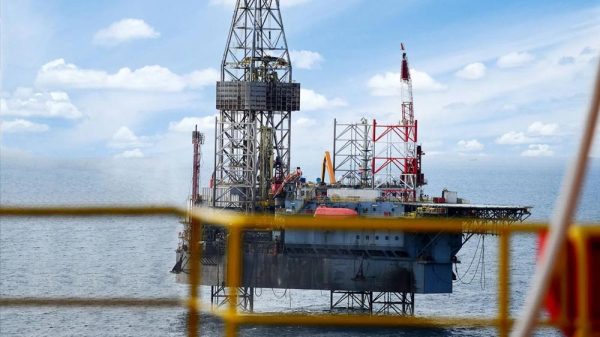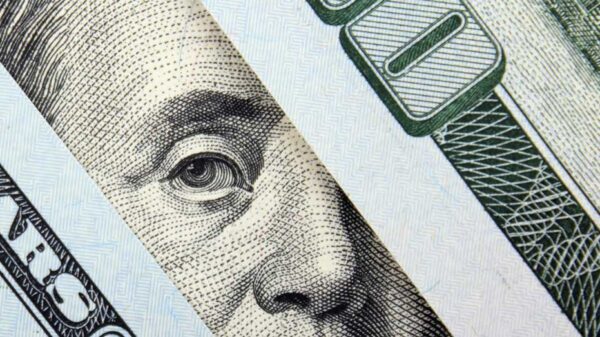The global automobile industry is bracing for significant disruption following President-elect Donald Trump’s proposed sweeping tariffs on imports from key trade partners such as China, Canada, and Mexico. While many car manufacturers are grappling with potential fallout, Ferrari appears to stand apart, remarkably unfazed by these tariff threats.
Trump’s Tariff Plan: A Growing Concern
In one of his first acts in office, Trump has vowed to impose sharp tariffs, including a 10% tariff on all Chinese imports and a staggering 25% on goods from Canada and Mexico. These measures, aimed at reshaping trade relations to boost U.S. revenues, have raised alarm bells within the auto sector. Many manufacturers rely heavily on global supply chains, particularly sourcing parts and assembly operations from Mexico, which could face higher costs and disruptions.
European carmakers, who were spared in Trump’s initial tariff announcements, are cautiously optimistic but remain wary that this reprieve may only be temporary. Analysts predict the European Union’s auto sector may soon find itself in Trump’s crosshairs.
Ferrari’s Unique Position
Despite the uncertainty clouding the industry, Ferrari is regarded as a “special case” among European automakers. Analysts believe the Italian luxury carmaker’s unique business model and customer base shield it from the potential effects of U.S. tariffs.
Rella Suskin, an equity analyst at Morningstar, explained Ferrari’s resilience, stating, “For Ferrari, it is the one exception where whatever the tariff is, they are not going to start producing in the U.S. Everything happens in Maranello, Italy.” She added that Ferrari’s clientele, accustomed to high prices, would likely absorb any additional costs without hesitation, even if tariffs were as steep as 30%.
Luxury Market Insulation
Ferrari’s ability to pass on higher costs to its customers stems from its branding and exclusivity. With a customer base that is far less price-sensitive than that of mainstream carmakers, analysts argue that even significant price hikes would not deter Ferrari buyers.
Tom Narayan, global autos analyst at RBC Capital Markets, echoed this sentiment, emphasizing that Ferrari’s pricing power sets it apart from its peers. “Ferrari does appear to be in a position to pass on any increase in prices should Trump deliver on his pledge to introduce higher tariffs,” Narayan said.
Comparing Ferrari to Other Luxury Automakers
While Ferrari seems well-positioned to weather potential tariffs, other luxury carmakers may not fare as well. Germany’s Porsche, for instance, faces a more challenging scenario. Like Ferrari, Porsche produces its vehicles exclusively in Europe. However, Morningstar’s Suskin noted that passing on higher tariffs to Porsche’s customers might be more difficult, particularly if tariffs reach 30%.
“Porsche could piggyback off their parent company Volkswagen, which has spare capacity in the U.S., but that would require significant capital investment to create a Porsche-specific production line,” Suskin added.
Ferrari’s Strong Market Performance
Ferrari’s resilience is further underscored by its strong market performance in 2024. Shares of the Milan-listed carmaker have surged over 34% year-to-date, outpacing competitors such as Renault and Mercedes-Benz, whose stocks have struggled amid the broader challenges facing the industry.
Anthony Dick, an auto analyst at Oddo BHF, reinforced Ferrari’s commitment to its Italian roots. “We don’t expect Ferrari to set up production in the U.S. For brand, but also (and likely more importantly) industrial reasons, that would require the group to set up its supply base locally, which does not seem feasible to us,” he said.
Looking Ahead
As the auto industry grapples with the ramifications of Trump’s trade policies, Ferrari’s ability to navigate these challenges highlights its distinct position in the market. With its steadfast commitment to Italian manufacturing and an ultra-luxury clientele, Ferrari appears poised to remain largely unaffected by the turbulence.











